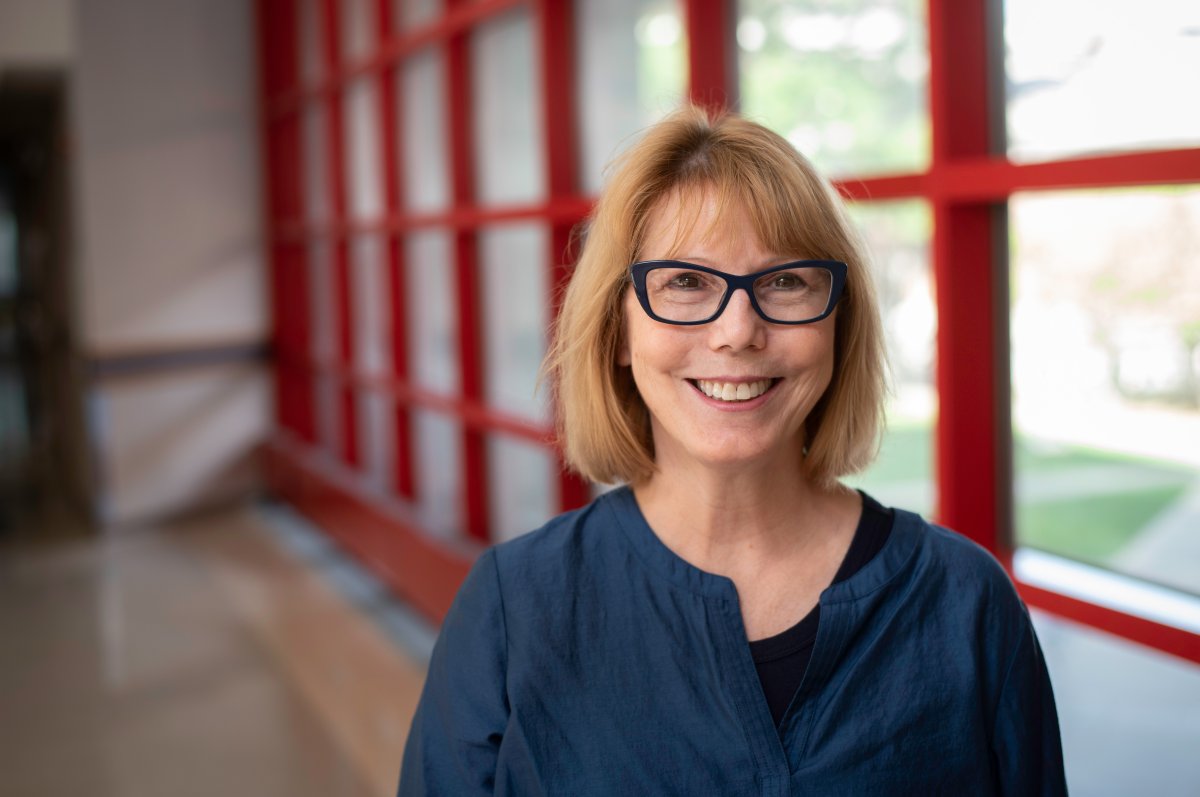Shana Watters Earns UMN Provost’s Unit Service Award

“I was so shocked when Mats (Heimdahl) sent me a note saying I had won this award,” said Watters. “I had no clue that I was even submitted for it. It was really an honor to think that so much of the work I have done behind the scenes is actually seen and recognized.”
In collaboration with Maria Gini, Watters developed a pilot program for CSCI 1133, Introduction to Computing and Programming Concepts, with some money they received from the CIC Momentum Grant. The program created a paired, optional class for CSCI 1133 with the goal of helping students pass the course. The class specifically targeted the DFW rate - which measures students that receive a D or F, or withdraw from the course. Ultimately, they were able to decrease DFW rates from 30-40% down to 10% - regardless of who teaches the course or how many students are in the class.
“I was originally hired to work on programming with an aim to increase diversity and inclusion in the department, as well as teach,” said Watters. “Maria (Gini) and I have been working on ways to improve student outcomes while understanding why women and underrepresented minorities have not been strongly represented in our field. The programming benefited everyone, but we especially want women and minority students to recognize that there is space for them in our field and that they are welcome.”
Following the success of the 1133 paired, optional course, the same type of course has been rolled out into CSCI 1933, Introduction to Algorithms and Data Structures. Moving forward this fall semester, CSCI 2011, Discrete Structures of Computer Science, will have its own paired class. The long-term goal has been to provide support structures for students in the early CS classes so that they can do their best and create a community of scholars supporting one another. In addition to this project, Watters and Gini have explored the impact of smaller class sizes on student outcomes. With Ph.D. instructors teaching introductory courses, classes are capped at 40 people instead of 200+. This project was supported by a grant from the Center for Inclusive Computing (CIC) at Northeastern University. Watters wants to improve student persistence in computer science and increase the number of underrepresented students accepted into the major.
“Persistence is improving and it is tracking to be a successful program,” said Watters. “It is a more compelling stat than just getting people into seats. Our goal is to show students that they can fit into this field if that is the right avenue for them.”
On top of her work improving student outcomes in introductory courses, Watters was also instrumental in the creation of the new Lind Hall Diversity Wall, which highlights the computer science contributions of marginalized groups throughout history.
“I am very lucky to have such incredible colleagues in the department,” Watters said. “You don’t always get to tell people how much they mean to you, and my colleagues mean a lot to me. I respect them immensely and am grateful for their support. This whole effort has really been a collaboration (with Maria Gini) and she is just as deserving of this award. I wish it could be shared.”
Starting this year, the U of M instituted the Award for Excellence in Academic Unit Service to recognize faculty for exceptional service that has strengthened the functioning and climate of the local unit or department. From those nominated for the Award for Excellence in Academic Unit Service, six were chosen for higher-level awards. These awards, the Provost’s Unit Service Award and the University of Minnesota Unit Service Award, serve to emphasize and elevate the importance of this type of service to the University’s success.